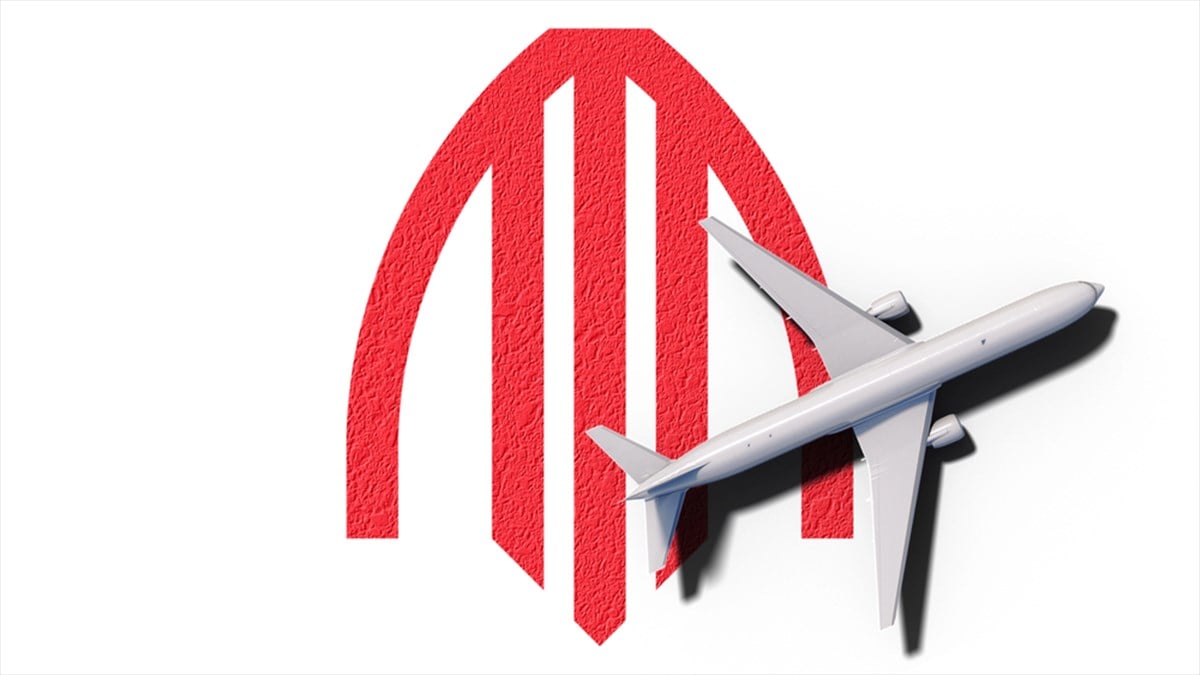
In November and early December 2024, flying taxi maker Archer Aviation Inc. (NYSE: ACHR) has taken off—the urban air mobility company saw its share price soar by almost 139% in the month leading to December 6. As a bellwether for an up-and-coming new industry, Archer has prompted a shift in investor interest. Other companies in the aerospace and defense market may also have the potential to benefit as well.
Why Archer is Soaring
Before considering the broader industry, it's worth taking a moment to explore some of the factors contributing to Archer's recent success. Archer is a member of the burgeoning electric vertical takeoff and landing (eVTOL) aircraft space. Earlier this fall, Soracle, a Japanese joint venture between Japan Airlines and Sumitomo Corp., helped to drive a rally in ACHR shares when it agreed to purchase 100 of the company's Midnight aircraft at a total value of up to $500 million.
Stellantis N.V. (NYSE: STLA) has also been a major player in Archer's success—the Netherlands-based automotive company has invested at least $370 million in Archer to aid its manufacturing efforts. However, Stellantis' CEO Carlos Tavares abruptly resigned on December 1, potentially jeopardizing the firm's support of Archer. This news prompted a brief sell-off of Archer shares early in the month, though by late in the first week of December investor confidence in the Stellantis arrangement seemed to be increasing once again, as shares trended back up.
Analysts remain bullish on Archer despite all of its recent success, setting a consensus price target that is still nearly 22% above current price levels.
What It Means for Other Aviation Firms
One of Archer's main competitors in the eVTOL space is Joby Aviation Inc. (NYSE: JOBY), which has also experienced a recent rally but has fallen far short of Archer's gains. JOBY shares are up almost 60% in the month leading to December 6 but only 28% in the last year, after experiencing a high degree of volatility over the summer.
Like Archer, Joby has likely benefited toward the end of the year from new FAA regulations which will help eVTOLs to take flight. However, the company's path toward commercialization of its products is not as clear as Archer's, and it risks missing out on first-in-industry privileges that will likely come to whichever company can successfully bring an eVTOL to market fastest.
The Broader Aerospace and Defense Industry
Other companies in the broader aviation and aerospace industries have also risen recently, though also not by as much as Archer. Elbit Systems Ltd. (NASDAQ: ESLT)—a developer of various systems for use in both military and commercial aircraft—is one example. Elbit shares have climbed by almost 8% in the month leading to December 6, driven by record third-quarter backlog of $22 billion and $1.7 billion in revenues. However, ESLT shares are only up 20% in the last year, underperforming the broader market over that timeframe.
As a defense company, Elbit also sells unmanned aerial systems, munitions, and related products; sales of these products have climbed as a result of the ongoing turmoil in the Middle East. And with a P/S ratio of 1.7, this company may still be undervalued.
Loar Holdings Inc. (NYSE: LOAR) is another example of an aerospace and defense firm that has experienced a modest spike in share price in the last month. Like Elbit above, its stock has risen by about 8% from early November through December 6. Though the company beat analyst predictions for EPS in its most recent earnings report thanks to strong revenue and adjusted EBITDA margins, it adjusted some of its forward guidance downward on the anticipation of higher interest expenses related to recent acquisitions.
Loar shares have performed better in the last year than Elbit stock, climbing by 84% in that time. However, analysts only rate the stock a Moderate Buy and feel that the price may come down by 5% based on the consensus price target.
eVTOLs Lift Off
Companies specializing in eVTOLs—led prominently by Archer—appear to be particularly notable for investors as we head into 2025. As the race to commercialization continues, this will undoubtedly continue to be a space to watch closely. Meanwhile, some members of the broader aerospace industry have potential for growth but appear to not have been able to match Archer's pace in recent months.
